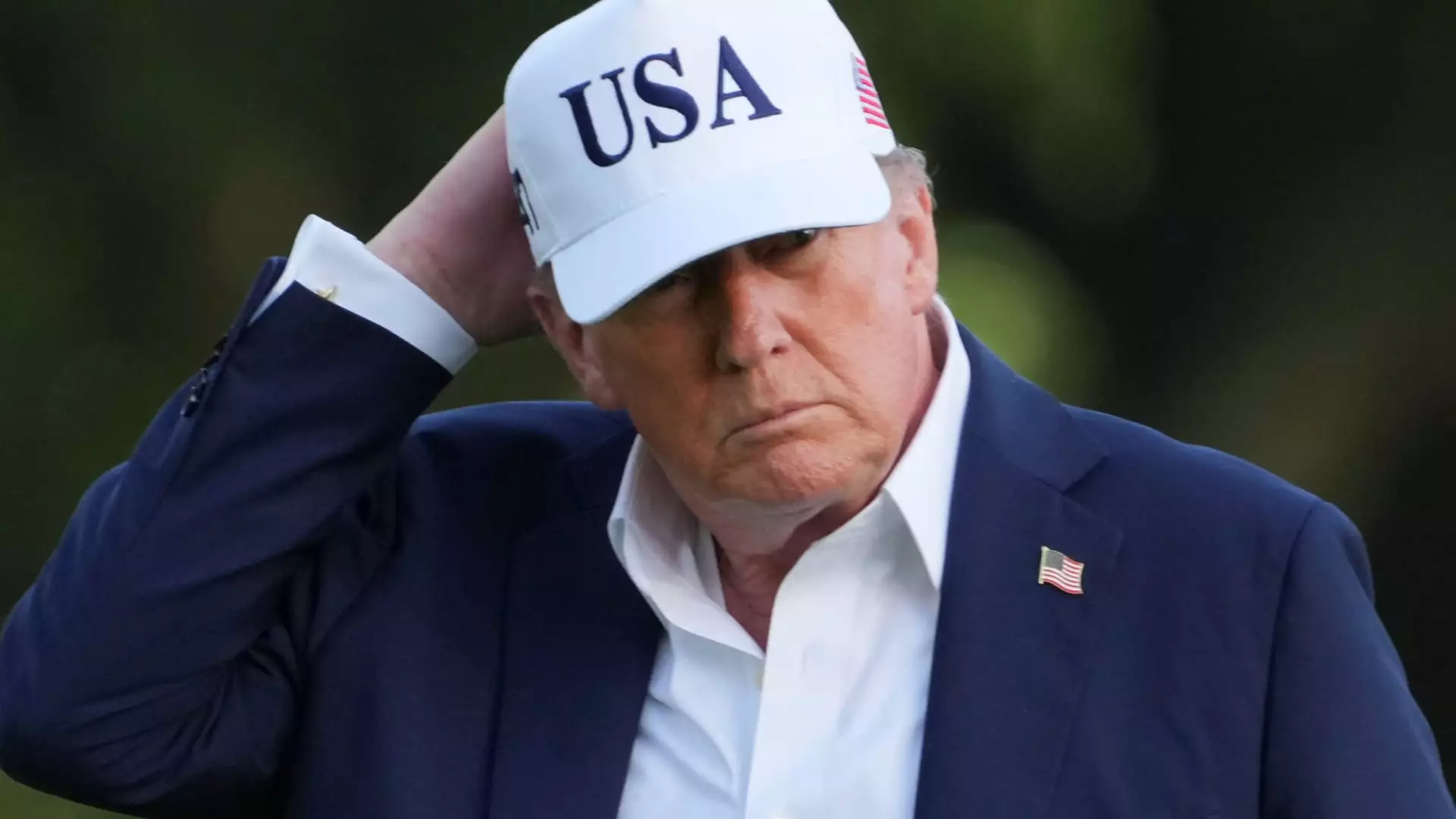In recent months, the United States has embraced a confrontational approach to international trade, exemplified by the decision to impose sweeping tariffs on Japan and South Korea. This move, cloaked in the rhetoric of correcting trade deficits, masks a deeper misunderstanding of economic interdependence and the global marketplace. Instead of fostering mutually beneficial relationships, such aggressive tariffs risk igniting a trade war that could spiral into broader economic instability. This approach not only undercuts diplomatic relations but also underestimates the complex web of supply chains that underpin modern economies.
The use of tariffs as a tool for national advantage echoes a misguided belief that economic resilience is built on protectionism. However, this focus on unilateral tariffs ignores the fact that global markets are intricately intertwined. Imposing a 25% tax on imports disrupts the delicate balance, increases costs for industries and consumers, and ultimately hampers growth. It is a shortsighted strategy rooted in zero-sum thinking, where gains for one side come at the expense of the other, ignoring the reality that cooperation often yields greater prosperity for all.
The Political Rhetoric vs. Economic Reality
The language used by the current administration presents tariffs as necessary corrections to persistent trade deficits, painting them as a form of national strength and fairness. Yet, this narrative is misleading. Trade deficits are often misunderstood indicators; they do not inherently represent economic harm. Countries with large trade deficits, such as the U.S., also possess significant consumer markets, technological advancements, and cultural influence—factors that cannot simply be measured in trade balance figures. Fixating on deficits as a target for tariffs disregards these broader economic dynamics.
Furthermore, the confrontational tone of the recent letters sent to Japan and South Korea exemplifies a lack of diplomatic finesse. Threatening retaliatory tariffs and conditional negotiations undermine trust and signal a move toward economic brinksmanship. Instead of engaging in constructive dialogue, the messaging suggests a mindset rooted in dominance rather than partnership. The implied willingness to escalate tariffs based on political whims disregards the long-term benefits of cooperative trade relations, which are vital in an interconnected world.
The Hidden Costs and Broader Implications
Market reactions have been swift and severe, with major indices experiencing notable declines following the announcement. This immediate financial volatility reflects underlying anxieties about the direction of U.S. trade policy. Such instability often precipitates job losses, higher consumer prices, and reduced investment—all consequences that disproportionately affect middle and working-class Americans. The assumption that protectionism will lead to economic salvation neglects the evidence of past trade disputes, which typically result in temporary market disruptions rather than sustainable economic gains.
Moreover, the strategy of threatening and enacting tariffs to “correct” deficits oversimplifies a complex issue. It neglects the significance of global supply chains, technological cooperation, and diplomatic relationships. Instead of fostering innovation and competitiveness, these policies tend to isolate markets and erode the collaborative frameworks that have historically driven economic progress. If the goal is genuine growth and stability, a more nuanced approach—focused on fair trade practices and diplomatic engagement—must be prioritized over unilateral tariff threats.
Engaging in reckless tariff wars under the guise of economic patriotism is a perilous path. It disregards the fundamental principles of mutually beneficial international cooperation and risks destabilizing the global economy. Policymakers in a centrist liberal framework should advocate for strategies that emphasize diplomacy, fair trade, and innovation rather than protectionism and confrontation. True strength lies not in tariffs and threats, but in building resilient, collaborative relationships that recognize the complexity of global economics. The current trajectory, if continued, threatens to lead us into a barren landscape of economic retrenchment and geopolitical tension—hardly the vision of a prosperous and stable future.

